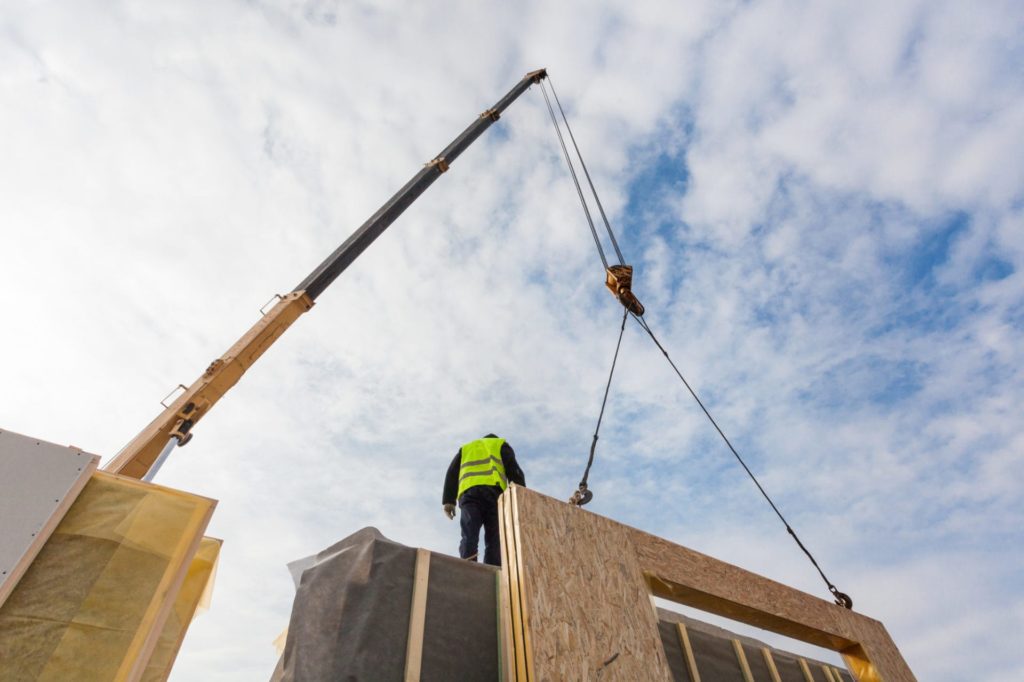
Lifetime ISAs and new build properties – what can we do to avoid delaying exchange of contracts and costing buyers financially?

Following the introduction of the Government Lifetime ISA scheme in 2017 and now that the 12 month maturity period has passed for those first investors, buyers are now beginning to draw down funds to purchase their first home and benefit from the 25% boost to savings available to them.
Those that have experience of these schemes will be aware that the new Lifetime ISA operates quite differently to the Help to Buy ISA introduced in December 2015. Most significantly, under the new scheme savers can utilise funds towards their exchange deposit. However, the rules around completion taking place within 90 days of the conveyancer receiving the withdrawn funds pose problems for those choosing to buy a new build property as their first home.
For buyers we see two key challenges, should they choose to purchase a new build property and wish to use their Lifetime ISA and bonus to fund the purchase:
Timeframe for withdrawal for deposit funds
The LISA scheme sets out that the bonus can take up to 30 days to be received following a request to withdraw. This is essentially longer than the desired reservation period given by many of the large housebuilders and developers (typically 28 days) meaning that in theory, a buyer would have to make the request for withdrawal even before they make the reservation! Any delay in drawing down the deposit funds will inevitably mean a threat to meeting the reservation period, posing a risk to buyers from the outset of the transaction. Buyers need to make the housebuilder or developer aware at the point of reservation and potentially factor this in to the agreed reservation period. For developers this may mean longer transaction times making it more difficult to forecast sales pipeline and cashflow.
How long can funds be held for before completion?
Once withdrawn, the funds including the LISA bonus must be utilised within 90 days. Whilst a formal request for a further extension of 60 days and then 30 days can be granted by the ISA Manager, these are not guaranteed. This poses a particular issue when buying a new build property off plan and where you exchange with completion 'on notice' (typically 5-10 working days) awaiting completion of the build. If funds have been drawn down for the purposes of the deposit at exchange, completion must take place within these timeframes to avoid a penalty being paid by the buyer. With no guarantee that completion will take place in that time (since things can change unexpectedly during the build process) buyers will face some uncertainty about when to draw down funds. In the worst case scenario, if exchange has taken place where the LISA is being used as a deposit and completion does not take place during the 180 day period (that's only 6 months and assumes the maximum extension is given) then there is a very real chance that funds will need to be returned or a penalty of 25% paid by the buyer.
Practical alternatives to mitigate these issues could include:
The buyer funding the deposit from separate funds and waiting until completion to utilise the LISA funds. In reality this will only be available to those who are providing significant equity to do this and that is unlikely given that this is a scheme aimed at first time buyers only. Why would a purchaser have double the deposit available to them in these circumstances? In many respects, this was seen as the downfall of the previous Help To Buy ISA scheme which did not allow use of the bonus as part of the exchange deposit.
The developer agrees to an exchange with a nil or lower deposit. This would be unusual and gives the developer little security should the buyer fail to complete the contract. It also stalls cashflow on those sites where the developer requests that the deposit is released to them on exchange.
The position is far from simple for the buyer who has invested in a Lifetime ISA and wants to purchase a new build home. If completion doesn’t take place and an extension cannot be granted, a buyer stands to lose 25% of the withdrawn amount, which is essentially the bonus itself. There is a way of avoiding this by returning the funds to the ISA Manager, but clearly this cannot be done if the buyer has used the funds as an exchange deposit. It is unclear how that 25% would then be reclaimed in those circumstances.
Another practical solution might be that the developer contracts to pay the buyer 25% of the deposit monies to cover the penalty in the event that completion has not taken place within the agreed holding period for the funds.
Whilst this may not be entirely popular with developers initially, it does allow a buyer to exchange contracts with a full deposit without inheriting the risk of losing the bonus should the build schedule be delayed unexpectedly. In that scenario the developer would face the penalty if there were unexpected or unavoidable delays, so clearly not ideal for either party.
Food for thought and I suspect unintended consequences to consider when LISAs are used in new build transactions.








